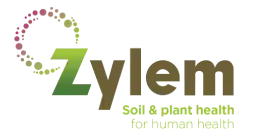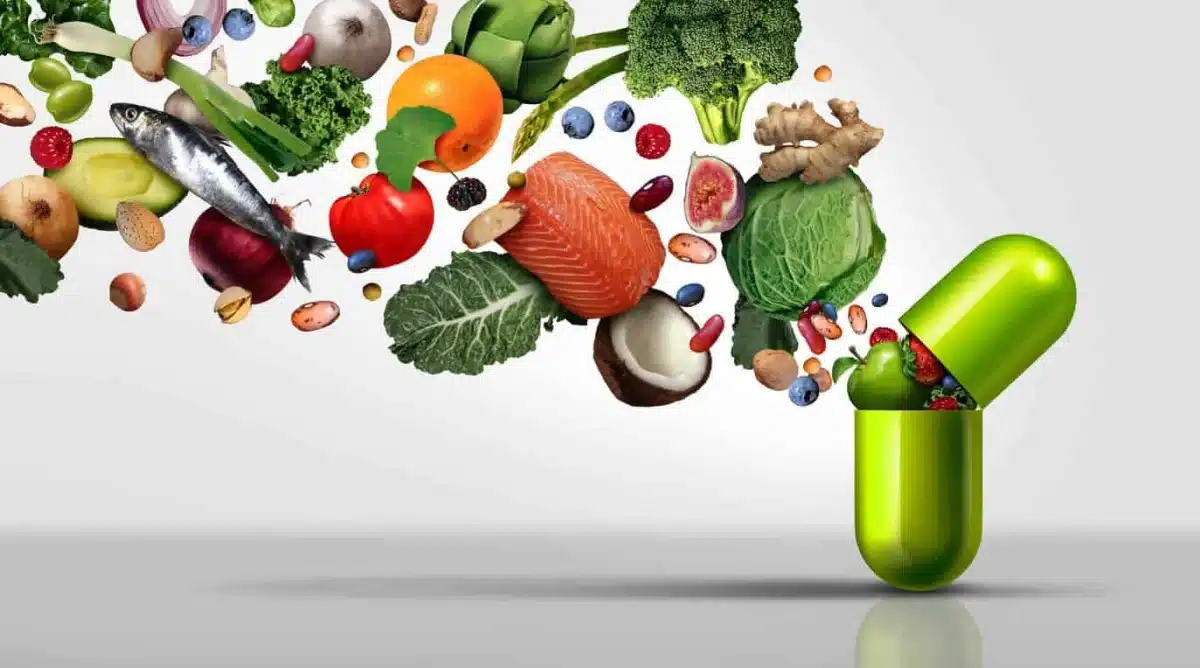Graeme Sait is the co-founder of Nutri-Tech Solutions (NTS), a recognised world leader in sustainable agriculture and one of Zylem’s key partners. Graeme is a sought-after keynote speaker at international conferences and is also a published author and popular columnist. In his latest blog series on the NTS blog, Graeme discusses the most common mineral deficiencies to help us boost our immune systems and reduce the impact of COVID-19.
“Now, more than ever, we require a proactive approach. Each and every one of us should be boosting our immunity in preparation for this virus,” Graeme says.
Here’s how:
Supporting your immune system to do its job involves a number of proven strategies, which include:
- Four key minerals – zinc, magnesium, selenium and iodine
- Two key vitamins
- Phytochemicals
- Probiotics.
The “Big Four” Minerals
Ironically, the four minerals we need most for immune support are those that most of us lack.
| Mineral | Why do I need it? | How should I get it? |
| Zinc | Zinc is required by the thymus gland for the production of key immune cells. | Adults should aim for 30mg of chelated zinc just before bed.Supplement tablets and in foods like legumes, free-range meat, nuts, dairy, egg |
| Magnesium | Magnesium is linked to many more enzymes than any other mineral, and your immune system is also driven by these protein-based catalysts. | Transdermal magnesium supplementation is ten times more efficient than oral supplementation.A highly effective and inexpensive option is bathing in Epsom salts. |
| Selenium | Antioxidant, anti-inflammatory liver supporter, an integral part of your immune system. | 200mcg of selenium per day is the required protective dose. Oral supplementation or brazil nuts, which contain around 25 mcg of selenium per nut. The brazil nut also features high levels of magnesium and zinc. |
| Iodine | Iodine ensures adequate production of thyroid hormones, which can directly impact multiple branches of the immune system. | Food-based iodine supplementation is best achieved with kelp supplements or with seaweed salads. A single sheet of dried kelp can provide over 1000 mcg of iodine. |
The “Super Two” Vitamins
| Vitamin | Why do I need it? | How should I get it? |
| Vitamin D3 | This substance is produced by our skin in the presence of sunlight. It is actually a hormone with an intimate link to immunity. | Cod liver oil contains very high levels of both vitamin A and vitamin D3 in an optimum ratio. This oil also contains high levels of the anti-inflammatory workhorses, the omega-3 fatty acids. A teaspoon a day is good, but a tablespoon a day is the best protective rate. |
| Vitamin C | Vitamin C is the workhorse of your two-stage detoxification system. | The human body does not make vitamin C. It must come from food or supplements.It is now generally accepted that a minimum of 1000 mg (1 gram) per day is required to maintain immunity, with a protective dose rate of 3000 mg per day, equally divided in two doses. |
Top tips when choosing an oral vitamin C supplement:
- It should contain bioflavonoids to help with better absorption. (PS. A high concentration of bioflavonoids are present in fresh produce containing high levels of vitamin C.)
- Your supplement should come with a mineral complex that mimics nature, since raw ascorbic acid in high doses can be detrimental to beneficial gut organisms. If possible, look for liposomal vitamin C supplements.
Phytonutrients Fighting Disease
| Phytochemical | Why do I need it? | How should I get it? |
| Quercetin | Quercetin is a powerful immune booster and broad-spectrum antiviral. | The desired protective dose rate is 500 – 1000 mg of quercetin per day in divided doses.The highest natural sources of quercetin are red onions and spring onions. |
| Curcumin | Curcumin is a powerful anti-inflammatory (inflammation plays a role in all degenerative and infectious diseases). | Turmeric contains curcumin. Try making turmeric lattes, golden paste, or take concentrated curcumin supplements. |
The Pros of Probiotic Support
Did you know that 80% of our immune system is located in our gut? We are increasingly realising that our microbiome is intimately linked to every aspect of our health.
The stars of gut health, probiotics can be found in fermented foods, so why not take on a lockdown project and make your own?
Foods rich in probiotics include:
- Sauerkraut
- Kimchi
- Kombucha
- Kefir
Other Immune Champions
- Good sleep
- Reduced sugar
- Reduced alcohol consumption
Zylem and NTS support human health
For many years, Zylem has been the official partner and Southern African representative of NTS, one of Australia’s leading exponents of sustainable agriculture with an extensive range of products designed to improve soil, plant and human health. As you can see in the information provided by the company’s co-founder, NTS takes a holistic view on the link between healthy farming and healthy humans.
At Zylem, our focus is on promoting sustainable agriculture that has positive human health outcomes.

